European report on solutions found in SCPs is published!
Our Horizon 2020 project MOST (Meaningful Open Schooling Connects Schools to Communities) aims to promote responsible research and innovation by opening up science education with the purpose of creating learning spaces, which are accessible for all citizens to join, and let society learn from, about and with each other. MOST introduced School-Community-Projects (SCPs) and showed how such projects can serve as a purposeful implementation instrument for Open Schooling.
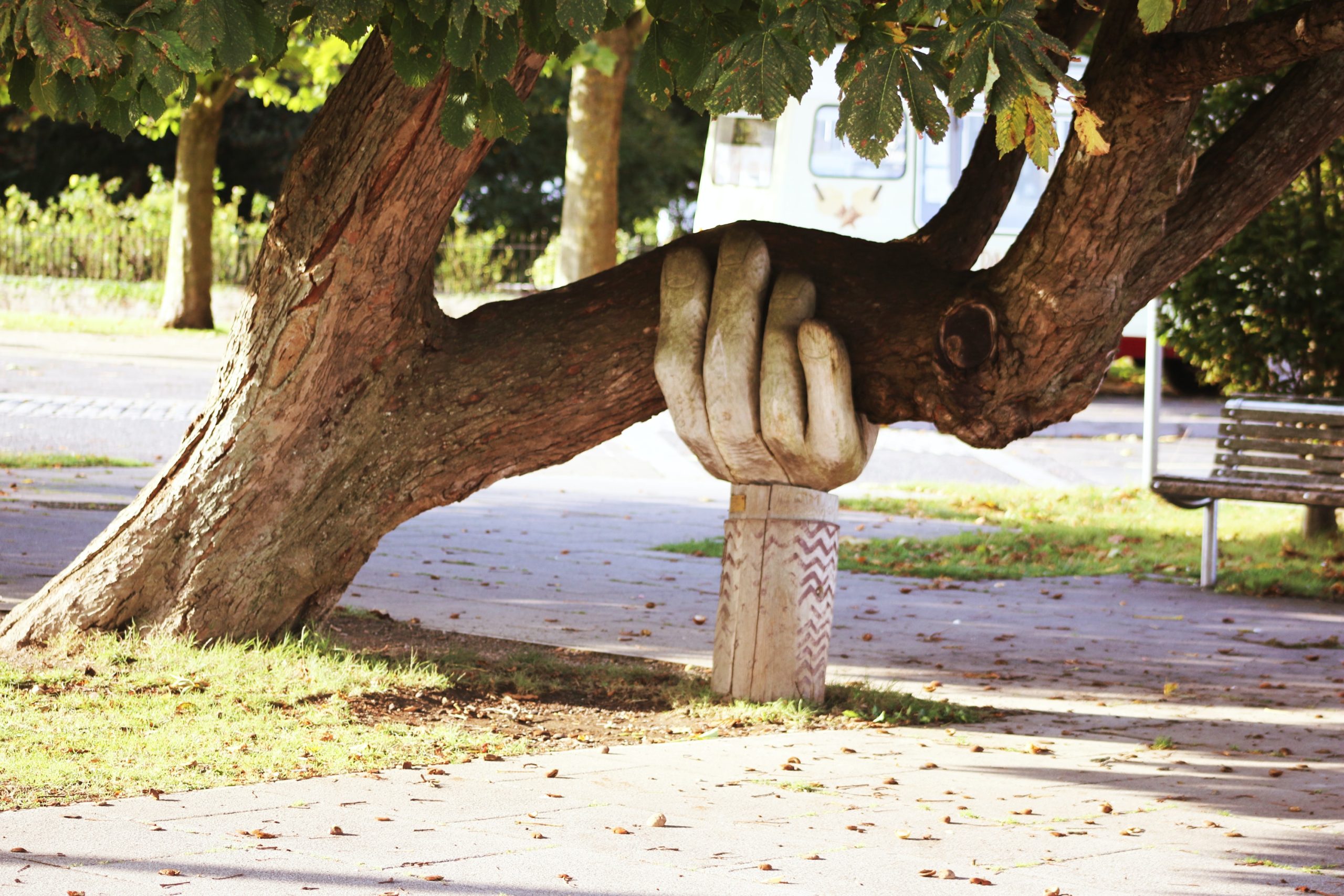
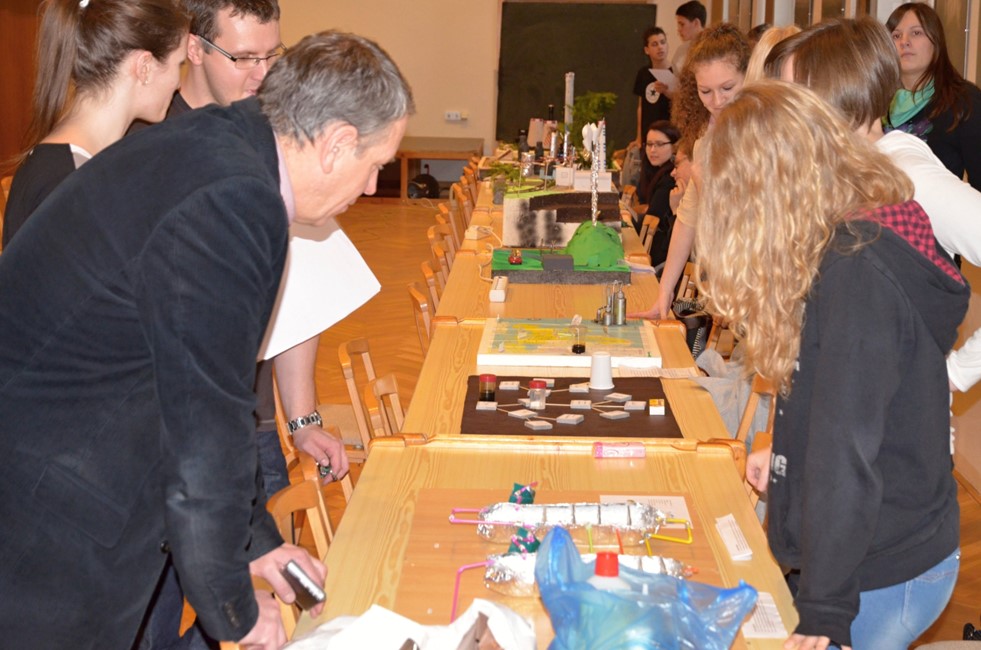
Czech Republic: Students present their proposal for an ecological urban energy supply to the municipality representatives using models and calculations
The European report on solutions found gives an overview of the SCPs that were run in the 10 partner countries during the MOST project lifetime: quantitative measures of conducted SCPs, as well as qualitative measures of the topics covered, solutions found, issues tackled, and lessons learnt. The purpose of the report is to explore to what extend SCPs can contribute to responsible research and innovation. It also identifies a set of recommendations for schools who want to get involved in Open Schooling projects. Attached as appendices is the collection of regional reports from each country, giving more in depth insights into each country’s best practice SCPs and their experiences.
During the project lifetime, 672 SCPs were conducted across 10 countries which involved in total 78 974 participants from schools and communities. Thus 672 resulting ecological solutions were proposed and disseminated to a wide range of stakeholders. The solutions of the SCPs vary according to the purposes of the SCPs, the processes undertaken during the SCPs and how far the solutions have been implemented in schools and/ or the community. Based on these considerations, we categorize the solutions into: (1) Recommendations, (2) Awareness, (3) Maps or Overviews, (4) Models, (5) Established Solutions, and (6) Others. The categorization is not mutually exclusive. It means that there are solutions which can be put into more than one category. More information on the resulting ecological solutions and best practice examples can be found in the report.
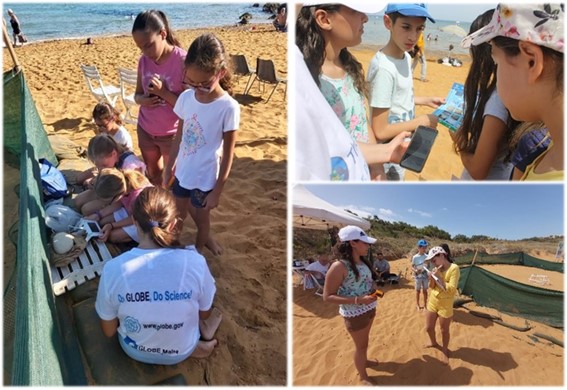
Malta: Students research a sea turtle nest and the impact of litter on the beach in cooperation with an NGO and numerous residents
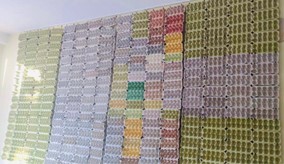
Lithuania: Students brought community together to insulate an interior wall for energy savings
Regarding the implementation of SCPs, the MOST consortium faced some challenges.
Challenges were related to time, curriculum alignment, loaded curriculum, coordination of participants, engaging community members, engaging policy makers, communication with local authorities, co-creation with external partners, co-creation and student involvement, open schooling approach, school internal conflicts, and motivated teachers. Based on the experience of all participating countries, suggestions were made on how best to address these challenges – find helpul advice on how to overcome challenges in implementing SCP in the report!
Despite these challenges, we conclude that SCPs can serve as a purposeful implementation instrument for Open Schooling and contribute to responsible research and innovation. Based on the consortiums’ experiences with SCPs, we propose a set of six conclusions that highlight the potential of SCPs as an implementation instrument for Open Schooling and underpins SCPs’ potential to promote responsible research and innovation:
(1) SCPs can initiate innovation processes by finding solutions
(2) SCPs can initiate innovation by bringing together target groups which do not regularly meet
(3) SCPs can promote responsible research by bringing science into school and local community
(4) SCPs can make science education motivating and meaningful for all students
(5) SCPs can engage students at all ages to solve real problems in close contexts
(6) SCPs can raise the environmental awareness of a whole community
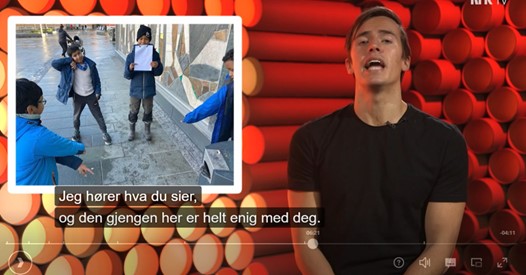
Norway: A School-Community project to address the problem of old gum on sidewalks has made it to national television
